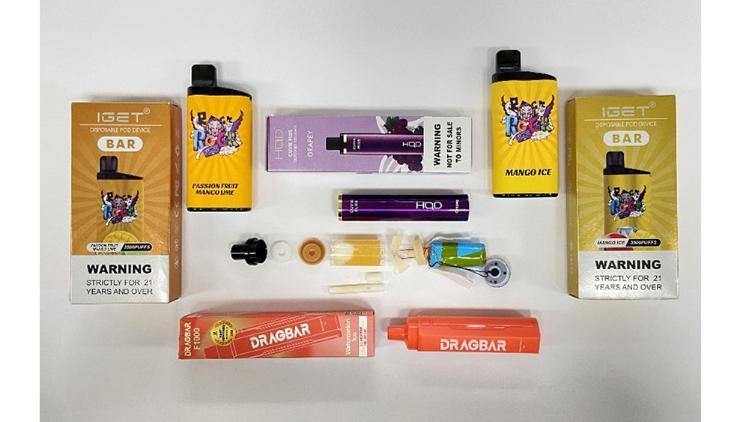The Pyne group’s interests are concerned with the application of organic chemical synthesis to the preparation of novel and biologically relevant heterocyclic compounds for new drug discovery. Our current collaborative projects include:
- Azasugar alkaloids and their analogues as alpha-glycosidase inhibitors with potential applications as anti-diabetic and anti-obesity drugs.
- New N- and O-heterocycles via novel metal-catalyzed reaction discovery (with C. Hyland)
- Cationic peptides for the discovery of new antibacterial agents to fight pathogenic bacteria including Clostridium difficile involved in gut infections (with P. Keller and H.Yu).
We are also collaborating with scientists in SE Asia (Thailand, Vietnam and Indonesia) and Nigeria on studying traditional medical plants for the discovery of new antibacterial, anti-cancer and anti-malarial agents.

View Professor Stephen Pyne's Scholars page
Contact spyne@uow.edu.au for more information


